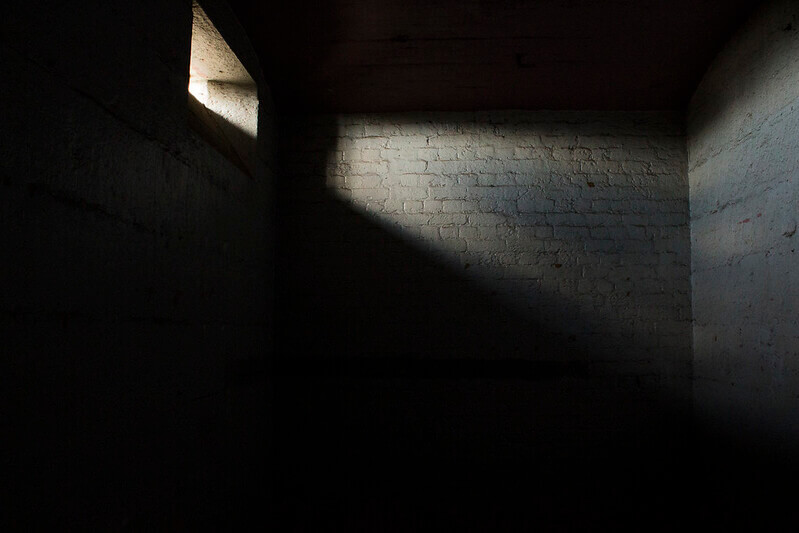WPF announces its new occasional paper, “Ending Solitary Isolation: Is it within reach in Massachusetts?” (January 2022) by Bridget Conley.
This paper provides an overview of solitary confinement in Massachusetts’ prisons and jails, with focus on the prison system administered by the Commonwealth’s Department of Correction (DOC).
Executive Summary
The Massachusetts legislature passed major criminal justice reform legislation in 2018, which partially addressed solitary isolation. The new protections included in the legislation were limited to incarcerated people in “restrictive housing,” defined as housing where people are locked in cell for 22 or more hours a day. Developments since 2018 raise warning flags that further legislation is required. These include:
- The DOC and Houses of Correction implemented new forms of solitary which fell just under the regulations imposed by the 2018 CJRA, by keeping people locked in cell 21.5 hours a day. In so doing, they violated the spirit of the law.
- The U.S. Department of Justice (DOJ) published a report documenting violations of the Constitutional rights of incarcerated people with mental health illness. The DOJ asserted that mental health watch as implemented in Massachusetts must be understood as restrictive housing – even though it was excluded from this category of housing in the 2018 CJRA.
- The DOC placed the entire population held on the northside of Souza Baranowski Correctional Center (SBCC) in indefinite solitary isolation, locking them in cell 21.5 hours a day, with severe restrictions, including: deprivations of personal belongings, curtailed visitation rights, access to programming, the law library, work opportunities, exercise space, absent the right to a status review process, among other punitive measures.
- Lockdowns implemented as a response to COVID-19 pandemic imposed solitary-like conditions for large portions of the entire incarcerated population in the state.
These four issues demonstrate that the DOC has used the administrative latitude granted to the agency in the 2018 CJRA to impose the harshest conditions possible without directly circumventing the law. This is in defiance of the spirit of the law, which was to minimize use of solitary.
Further, the paper argues that the well-documented harms imposed on people subjected to solitary isolation amount to torture. These harmful impacts occur just as much at 21.5 hours as 22 hours locked in cell. Massachusetts’ current definition of restrictive housing allows conditions of incarceration that harm people in four primary ways, each of which is documented in the report with illustrations from Massachusetts and in comparative context, drawing on scholarly research. These harms include:
- Increases in mental health illness;
- Detriments to physical health;
- Creation of conditions in which an excessively punitive culture thrives;
- Detrimental impacts on a wider community of family and friends of an incarcerated person by
severely inhibiting meaningful contact with their incarcerated loved one.
The paper also addresses why legislative response is required. It presents international standards, which Massachusetts is not in line with. It further address how, across the United States and in Massachusetts, judicial review has played only a very limited role in reforming prison practices. Drawing on examples of recent changes in other states’ policy related to solitary isolation, significant change is possible. But the record also shows that change only comes about when legislators take strong action. Where reforms have occurred, prison administrations have repeatedly pushed back and tried to undermine the reforms by introducing new mechanism for isolating incarcerated people. Until legislation explicitly mandates it,
major reforms that aim to minimize the use of solitary will not have the desired impact.
Photo: Solitary Confinement, Old Geelong Gaol 7, jmiller291, FLICKR (CC BY 2.0)



